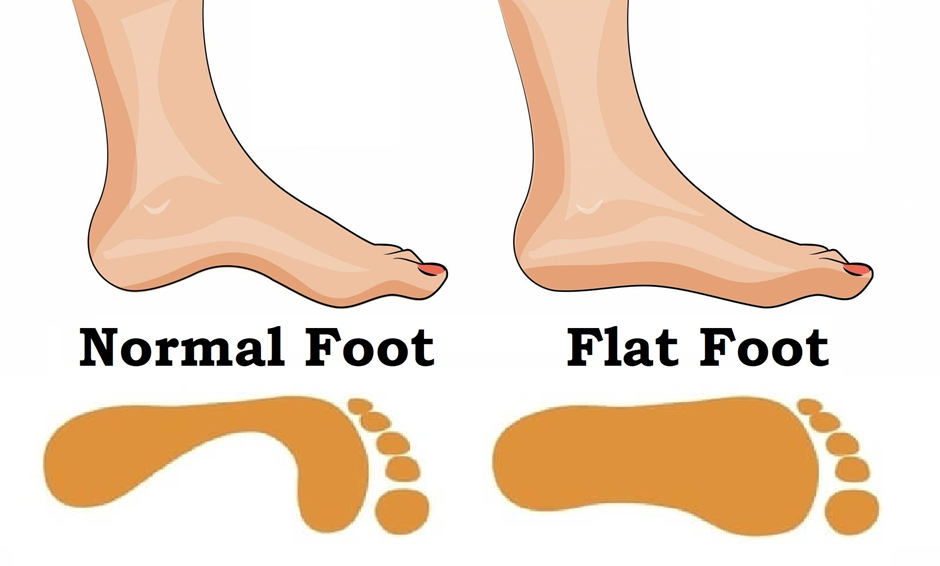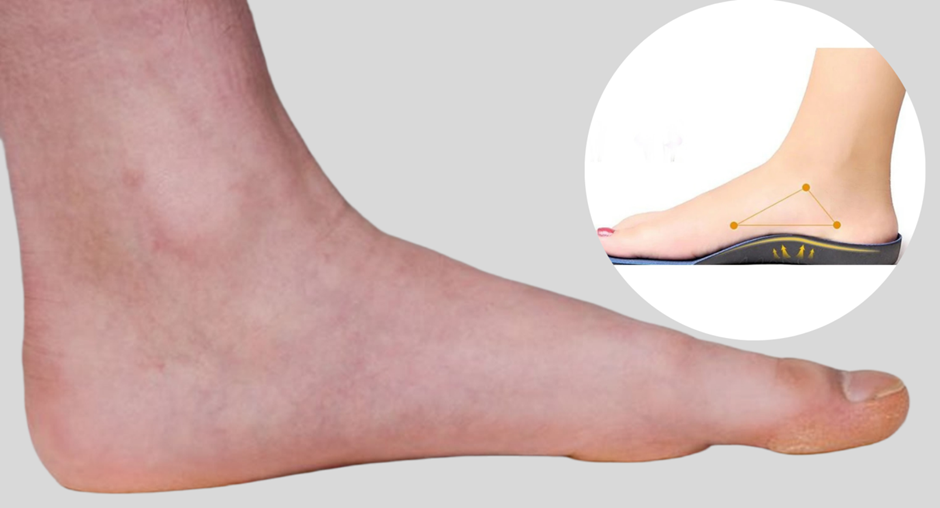Does Insurance Cover orthotics?
Yes, insurance can cover orthotics for flat feet. However, the possibility that your insurance will cover the cost of your orthotics depends on the plan and the type of orthotics, medical necessity, and condition the orthotics are meant to treat, correct, or prevent progressive deformation. Typically, insurance plans will cover the cost of custom orthotics. However, you must study your insurance policy to understand your role in ensuring total or part coverage of the orthotic device you need.
Key Takeaways
- Coverage for orthotics will depend on factors like medical necessity, type of orthotic, condition being treated, and the type of insurance coverage.
- Proper documentation to show prescription and medical necessity will be required by your insurer.
- You may still be required to make some out-of-pocket expenses even when orthotics are covered.
- Confirm the details of the health insurance policy before purchasing it.
- Claims can often be denied when proper documentation is missing.
Insurance Coverage for Orthotics: Factors to Consider
-
Custom orthotics, like those for plantar fasciitis, are generally more expensive than over-the-counter ones, so insurance coverage ensures you can afford quality healthcare, including custom orthotics.
-
Insurance coverage of orthotics varies by provider. Most insurance providers will cover medical costs, particularly those needed to treat injuries or deformities. The coverage provided by these insurance companies may include the cost of labor, fitting, and even device replacement.
-
Patients must be familiar with the insurance company's copayments and deductibles. You may be required to foot the remaining bill. If you can't afford it, you can combine it with other insurance plans you have.
-
Some policies impose annual limits on the coverage. For example, some insurance companies may cover one pair of orthotics annually. You must know the insurance companies best suited for your medical and financial situation.
Insurance Companies that Cover Orthotics
These insurance companies cover orthotics, from visitation costs to prescription, building, fitting, and delivery. Let's explore some of the insurance companies that cover orthotics:
-
Aetna: For Aetna to cover the cost of your orthotics, they must be prescribed by a medical practitioner. However, some Aetna plans exclude coverage for specific orthotic devices, and you may require prior authorization.
-
Blue Cross Blue Shield: This insurance plan's coverage for orthotics varies from state to state and from one specific plan to another. While some plans may cover the cost of the orthotics, others may have particular coverage limitations, even if a medical practitioner prescribed the orthotics.
-
United Healthcare: United Healthcare will only cover the cost of orthotics if they have been proven to be medically necessary. Like Blue Cross Blue Shield, the extent of coverage also depends on the type of plan you are on, and some plans have specific requirements and limitations.
-
Employer-Sponsored/Retirement Plans: Employer-sponsored health insurance and retirement plans can cover the cost of your orthotics. Like every other insurance company, they must be deemed medically necessary and subject to proof. Since coverage may differ from company to company, you should contact your HR department to determine the extent of coverage and its limitations.
-
Medicare: Part B of the insurance plan covers the cost of orthotics. Although Medicare does not cover the entire cost, it pays up to 80%, which is significant. However, specific criteria must be met because not all beneficiaries will qualify.
-
Cigna: Cigna also covers custom orthotics for medically necessary devices. However, coverage may not include replacement if the device is damaged due to abuse.
-
Kaiser Permanente: Kaiser Permanente health plan covers custom orthotics, depending on the plan and medical necessity.
-
TRICARE: TRICARE covers the cost of orthotic devices, including braces, prosthetics, and cranial orthotic devices. Like other companies, TRICARE has policies, such as the requirement that some orthotic devices be approved by the US Food and Drug Administration (FDA) and provided by a TRICARE-authorized provider before a patient can seek coverage approval.
Reasons why an Insurance Company May not Cover your Orthotics
Insurance companies often have strict policies on coverage. For example, Medicare will only cover the cost of orthotics if the devices are deemed medically necessary, prescribed by a doctor, and custom-molding labs and health providers are Medicare-approved.
-
Lack of Proper Medical Documentation: You need to provide the required medical documents from a health practitioner or a recognized hospital to the insurance company as proof. This shows that orthotics are a medical necessity prescribed by a medical practitioner.
-
Policy Exclusion: Some insurance companies do not cover orthotics. You have to be sure that they do. You can contact your insurance company to ensure you are not incorrectly interpreting their policies.
-
Out-of-Network Providers: Some insurance companies require that you purchase orthotics from providers within the insurance network. Other companies will approve a patient's claim only if the healthcare provider and the orthotic lab or manufacturer charge within the range set by the patient's insurer.
-
Cost: Some insurance companies do not allow direct billing for orthotics because they do not consider them medically necessary. If the patient and doctor can prove that orthotics are medically required, the patient might be asked to make the whole payment, and the insurance company will reimburse them.
-
Type of Orthotics: Many insurance companies will not cover prefabricated orthotics, especially if a healthcare provider does not prescribe them.
Patients can get lost with differing policies on cost, out-of-pocket payments, copayments, and other coverage policies. First, your insurance coverage will most likely include orthotics. However, the extent of the coverage depends on a host of factors discussed.
What if My Insurer Rejects My Claim
If your insurer rejects your claim, take these steps:
-
Understand why your claim is denied: When your insurer rejects your claim, study the reasons. If you feel like their decision was made in error, appeal it.
-
Speak to your healthcare provider and manufacturer: In most cases, your healthcare provider files a claim on your behalf. The orthotic manufacturer will also file a claim to collect payment from your insurer. If there is an error in the claim, it's usually from one of their ends.
-
Contact your insurer: Contact your insurer by phone or email to clarify their reasons and the things you should do or provide before resubmitting your claim.
-
Follow up with your healthcare provider and manufacturer to ensure they have everything, from documentation to health history, to re-submit your claim.
Conclusion
Insurance covers orthotics, but you must follow guidelines set by your insurance company. Policy guidelines may differ; hence, if you are working with an insurer for the first time or have never bought an orthotic, contacting them directly before submitting a claim is safer. Before choosing an insurance company, research factors like out-of-pocket payments, coverage limitations, and the claim filing process.




